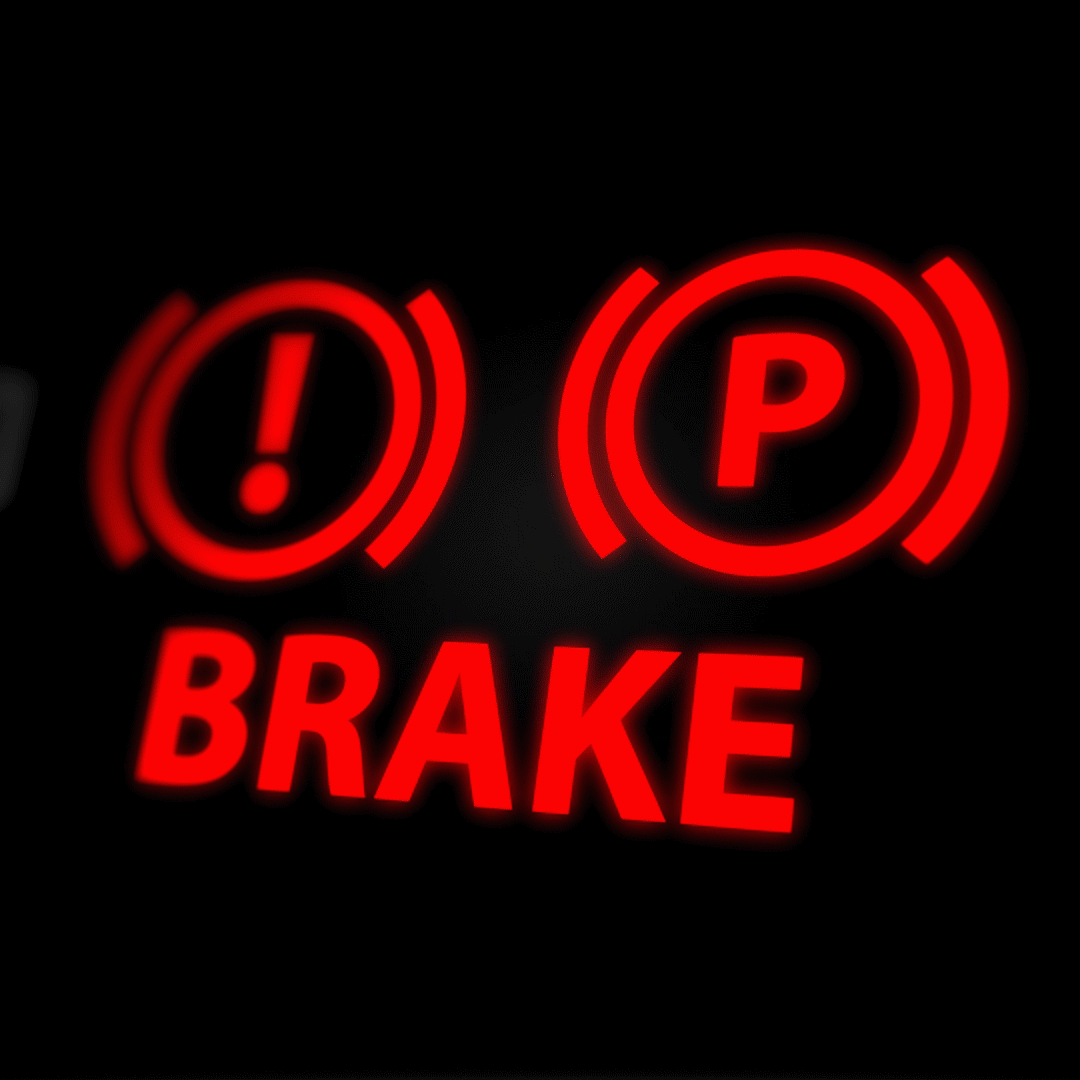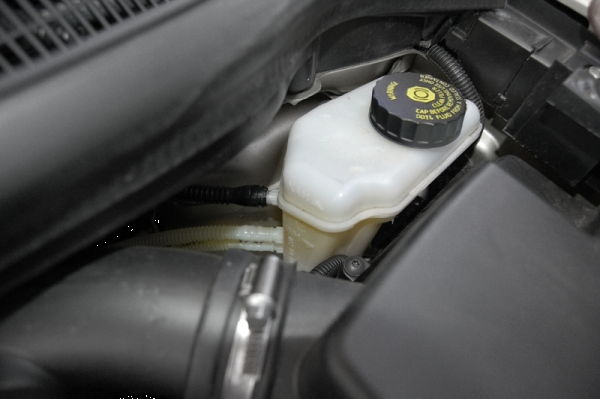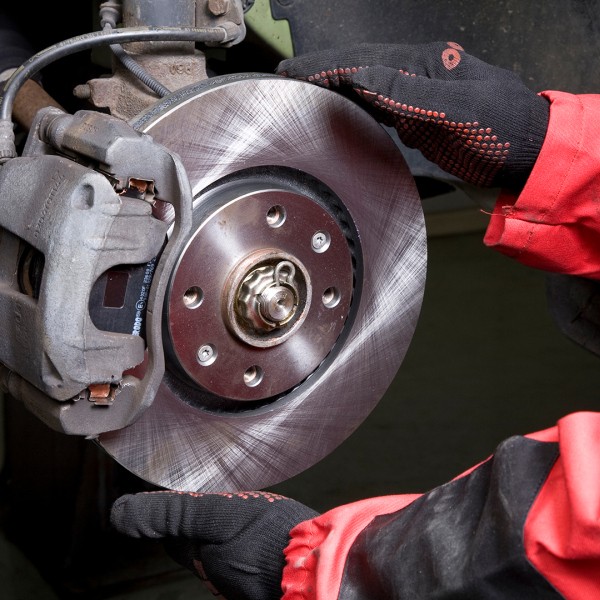 How safe are your brakes?
How safe are your brakes?
A car that won't start is inconvenient, but a car that won't stop is a much bigger problem!
It is common knowledge that brakes are critical to driving safety. Without them you simply would not be able to stop efficiently. So, how can you tell if your brakes are safe? And what is safe enough?
In this article you will find more information on the basics of the braking mechanism. You can also learn a few tips to help prevent braking problems or recognise them early on if they do occur. Whenever you are in doubt about your brakes, get your vehicle into the workshop so your mechanic can determine if they are working properly and safely.
 LOOK AFTER YOUR BRAKES THEY’LL LOOK AFTER YOU TOO!
LOOK AFTER YOUR BRAKES THEY’LL LOOK AFTER YOU TOO!
Recognise any of these signs?
The below list includes a number of indicators that might point to a less than optimal functioning of your brake system. If you recognise any of these signs in your vehicle, immediately contact your mechanic for a thorough check-up.

- The dashboard wear indicator light is lit.
- You can feel vibrations when you brake.
- There’s a loud noise when you brake – either squealing or grinding.
- The car pulls to one side when you are braking.
- The brake pedal has a soft, springy, or spongy feel when depressed.
- The brake pedal is hard to push down.
- The brake fluid level is low. This could mean that the brake pads or discs are worn, or that there is a brake fluid leak.

The brake fluid reservoir looks similar in most cars.
 GOOD QUALITY BRAKES MAKE A DIFFERENCE
GOOD QUALITY BRAKES MAKE A DIFFERENCE
An example
Tests have shown that an Audi A4 TDI (140HP) can accelerate from 0-100 km/h in 7.9 seconds, travelling a distance of 110 metres. Yet the same vehicle only needs 2.4 seconds to come to a full stop, over just 34 metres! *
 TIPS & TRICKS
TIPS & TRICKS
HOW TO OPTIMISE YOUR BRAKE SYSTEM?
- Always ensure that your brake fluid levels are correct (i.e., between ‘minimum’ and ‘maximum’). Brake fluid also attracts water and should be replaced every 2 years / 50,000 km.
- Get your brake pads and discs checked regularly, especially before long trips.

- When replacing your brake discs, always replace the brake pads as well to ensure optimal friction.
- When replacing your brake pads, always replace the wear indicators too.
- Always replace brake pads and discs on both sides of the vehicle.
- Always fit good quality brake pads and discs to avoid higher costs in the long run.
 HOW TO PROLONG THE LIFE OF YOUR BRAKE PADS?
HOW TO PROLONG THE LIFE OF YOUR BRAKE PADS?
- Bed brakes in carefully. When new pads are replaced, the surface is not matched to the disc. So brake gently for approximately the first 200 km.
- You don’t always have to use the brake to reduce speed. Try shifting into a lower gear or simply coast to a halt for approximately the first 200 km.
- Anticipate: try to foresee where you will need to brake and gently reduce speed before then, avoiding any hard braking.
* Source: https://www.alvolante.it/prova/audi-a4-avant-tdi :
Data, sourced/extrapolated:
0-100km/h: => time = 7.9s => distance = 109.7m
100-0km/h: => time = 2.4s => distance = 33.7m
Engine Power 140 kW
Energy brake dissipation 100-0km/h => (½*1.830*27.8^2) / 2.4 = 295 kW
(Gross Vehicle Weight estimated = 1530kg car + 300kg passengers/luggage =1830kg)
The content contained in this article is for entertainment, informational and promotional purposes only and should not be used in lieu of seeking professional advice from a certified technician or mechanic. We encourage you to consult with a certified technician or mechanic if you have specific questions or concerns relating to any of the topics covered herein. Under no circumstances will we be liable for any loss or damage caused by your reliance on any content